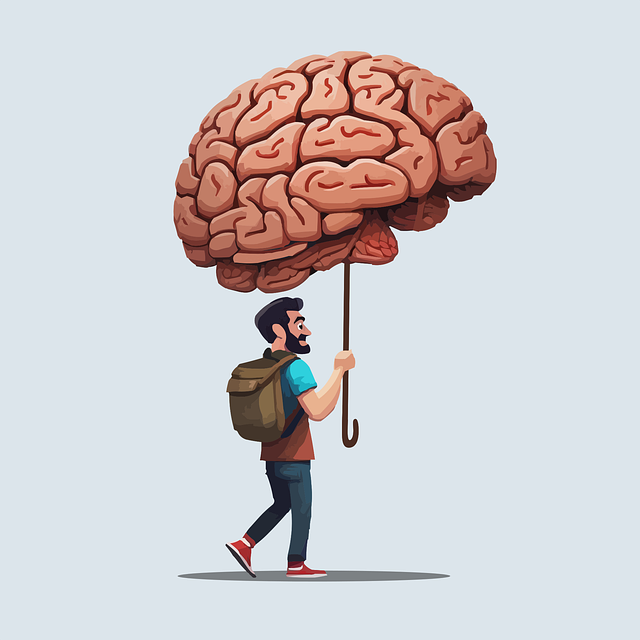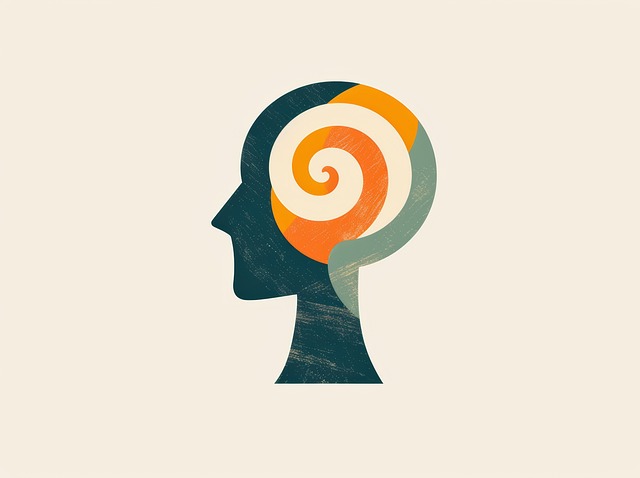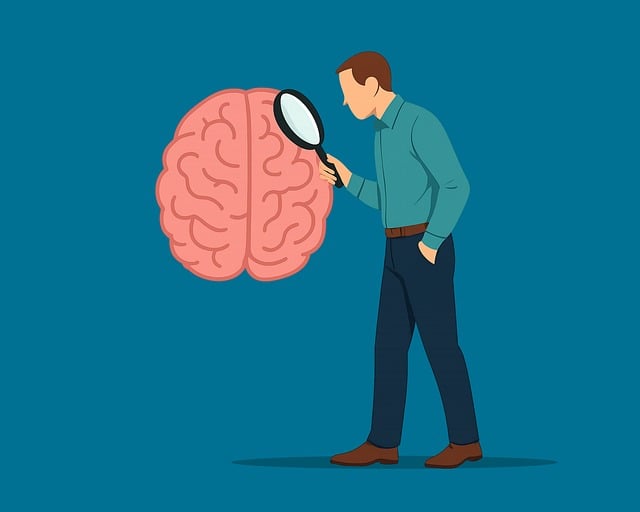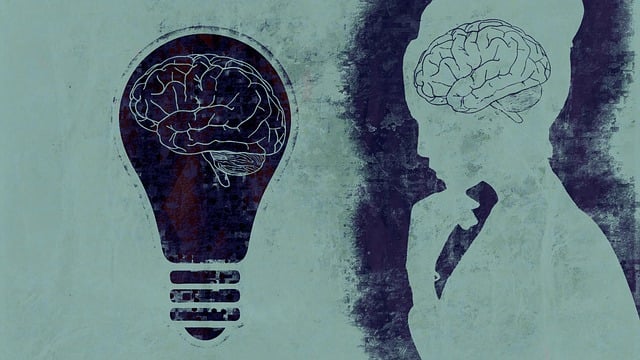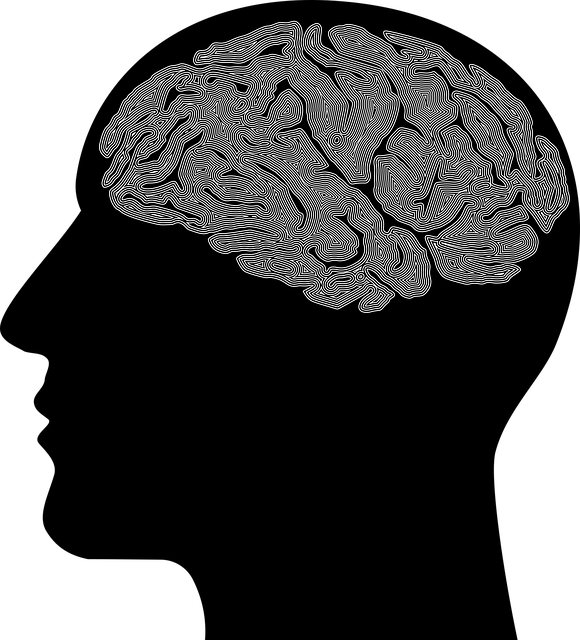Teens with Functional Neurological Disorders (FND) can significantly improve their quality of life through tailored therapy for adolescent teens with FND, combining CBT, mindfulness, and self-care routines. These approaches address symptoms, promote emotional well-being, and foster resilience by targeting negative thought patterns, providing crisis intervention, and emphasizing physical activity, diet, and sleep. Cultural sensitivity in mental healthcare ensures respectful, effective care for diverse teen populations.
“Unwind, rejuvenate, and embrace a transformative journey towards optimal well-being—this is the essence of self-care, especially for adolescents grappling with functional neurological disorders (FNDs). This article delves into the intricate world of self-care practices tailored for this demographic. We explore strategies to help adolescent teens manage their conditions effectively through structured routines and therapy sessions. By understanding the unique needs of FND sufferers, we aim to empower parents and caregivers to facilitate a holistic approach to care, ultimately improving quality of life.”
- Understanding Self-Care for Adolescents with Functional Neurological Disorders
- Strategies to Incorporate Effective Self-Care Routines
- The Role of Therapy in Enhancing Self-Care Practices for Teens
Understanding Self-Care for Adolescents with Functional Neurological Disorders

For adolescents with Functional Neurological Disorders (FND), understanding and practicing self-care is a critical component of their overall well-being. FND can significantly impact daily functioning, causing various symptoms like motor disorders, sensory issues, or cognitive difficulties. Incorporating self-care strategies tailored to these challenges is essential for managing symptoms and promoting resilience. Therapy for adolescent teens with FND often involves a multi-faceted approach, combining medical interventions with specialized therapy sessions.
Crisis intervention guidance and compassion cultivation practices have proven beneficial in helping these young individuals navigate their conditions. Public awareness campaigns development can also play a crucial role in reducing stigma and fostering supportive environments. By integrating self-care into their routines, adolescents with FND can enhance their coping mechanisms, improve mental health, and lead more fulfilling lives.
Strategies to Incorporate Effective Self-Care Routines

Incorporating effective self-care routines can be transformative for adolescent teens dealing with Functional Neurological Disorders (FND). Therapy plays a pivotal role in this journey, offering strategies tailored to individual needs. Cognitive Behavioral Therapy (CBT), for instance, helps identify and change negative thought patterns contributing to stress and anxiety relief. Mindfulness practices, often integrated into CBT, teach present-moment awareness, promoting emotional regulation.
Beyond therapy, Mental Health Awareness is paramount. Engaging in regular physical activity, maintaining a balanced diet, and securing adequate sleep are foundational self-care practices. Cultural Sensitivity in Mental Healthcare Practice ensures teens from diverse backgrounds receive care that respects their unique perspectives and experiences. These holistic approaches support not just the body but also the mind, fostering resilience and overall well-being for adolescent teens navigating FND.
The Role of Therapy in Enhancing Self-Care Practices for Teens

For teen adolescents grappling with functional neurological disorders (FND), therapy plays a pivotal role in empowering them to improve their self-care practices and cultivate lasting well-being. Through specialized therapeutic approaches, teens can learn effective coping strategies tailored to their unique challenges. For instance, cognitive behavioural therapy (CBT) helps identify and reframe negative thought patterns associated with FND symptoms, fostering a sense of control and reducing anxiety.
Social skills training is another valuable component often incorporated into these therapeutic sessions, equipping adolescents with the tools to navigate social interactions more confidently. By promoting emotional well-being through evidence-based techniques, therapy also addresses underlying issues that may contribute to burnout or avoidance behaviours. This holistic approach not only enhances teens’ ability to manage their symptoms but also equips them with lifelong self-care practices for optimal mental health.
Self-care is an essential aspect of managing and improving the quality of life for adolescent teens with functional neurological disorders. By understanding the unique needs of these individuals, implementing tailored strategies, and leveraging therapy as a powerful tool, we can empower them to develop effective self-care routines. Integrating regular therapy sessions into their care plans allows for personalized guidance, fostering resilience and overall well-being. With dedicated support, adolescents can navigate their challenges and lead more fulfilling lives, showcasing remarkable growth despite their conditions.
